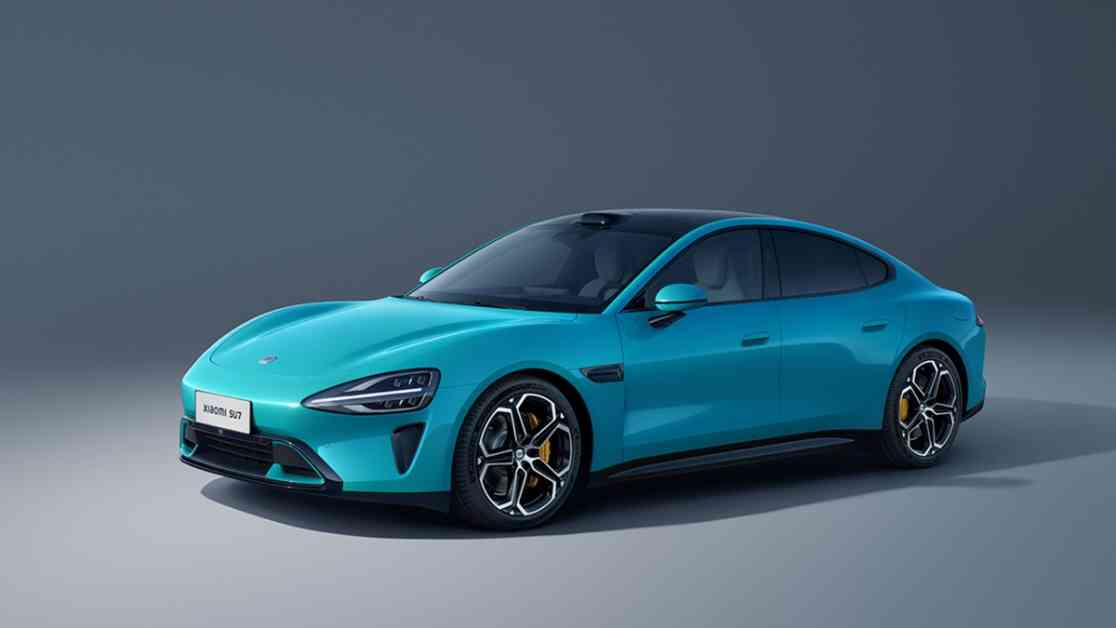The decision by the Trump administration to sanction China’s Xiaomi Corp earlier this year has led to the company’s foray into the electric car market, according to CEO Lei Jun. Xiaomi, known for its smartphones and home appliances, made the strategic decision to diversify its product portfolio by entering China’s competitive EV market.
Lei Jun revealed that the company began considering the production of an electric car after being placed on a U.S. sanction list due to an announcement made in the final days of the Trump administration. The unexpected impact of the sanctions prompted Xiaomi to quickly pivot towards developing an electric car, with Lei Jun stating that they would not have entered the automotive industry if not for the sanctions.
During an event in Beijing, Lei Jun shared Xiaomi’s plans to launch an electric car that would compete with industry giants like Tesla, BMW, Audi, and Mercedes. The event was widely streamed on WeChat, attracting over 1.5 million viewers. Xiaomi successfully challenged the 2021 sanctions in federal court, allowing the company to continue its EV development.
Xiaomi’s electric car, the SU7, is designed to resemble a sporty Porsche and is priced below $30,000. The company aims to deliver at least 100,000 units of the SU7 this year, with a sales target of 120,000. By the end of June, Xiaomi had already delivered over 25,000 EVs and is on track to meet its year-end target.
Lei Jun expressed gratitude for the “accident” three years ago, referring to the sanctions, as it prompted Xiaomi to diversify its business and venture into the electric car market. The company’s goal is to become one of the top five global automakers, with ambitions beyond the Chinese market.
In a related development, former President Donald Trump highlighted the electric vehicle industry in his speech accepting the Republican party’s nomination for president. Trump expressed intentions to ease vehicle emissions regulations to promote electric cars while also considering imposing tariffs on Chinese EVs built in Mexico. Despite the potential tariffs, Trump indicated support for Chinese investment in manufacturing plants in the United States, signaling a complex landscape for the global electric vehicle market.









